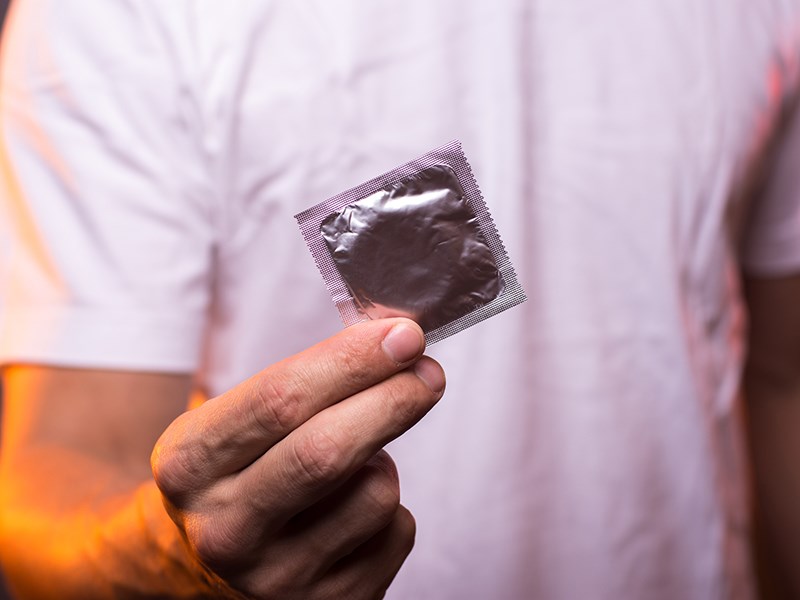A surge in sexually transmitted diseases across the country, including a spike in B.C., has prompted pharmacists to remind people about the importance of wearing a condom.
The rise in STIs are a result of multiple factors including inconsistent condom usage as well as antibiotic resistance which has made common STIs — like gonorrhea and syphilis — more difficult to treat. “The misperception that STIs are easily treated with antibiotics may be contributing to a general decline in safe sex. But now more than ever, because of antibiotic resistance and the prevalence of STIs, we need to be urging the use of condoms,” says Lily Liang, a pharmacist at London Drugs.
STIs are predominantly spread through unprotected sex and condoms are considered the best way to protect yourself.
Pharmacists like Lily Liang say some people are still too shy to openly purchase condoms.
“There is nothing shameful about practicing safe sex. The more comfortable pharmacies can make it to purchase condoms – especially for adolescence and young adults – the more likely we are to encourage safe sex behaviours and prevent the spread of STIs,” Liang says.
There are health centres that provide free condoms along with other services like testing and treatment, but pharmacists are an excellent resource.
“Some may feel embarrassed to discuss sexual issues with a healthcare professional but pharmacists are easily accessible without an appointment and they are used to discussing a wide range of topics, including sexual health. Private counselling booths and consultation rooms are available at most pharmacies for added confidentiality and discretion,” says Liang.
Other options for the bashful include ordering online and self-checkouts to help, make purchasing condoms as well as sexual intimacy products more discrete.
“There is still a lot of stigma surrounding the topic, but if we look at sexual health as simply a part of overall health, we can create a more open, accepting environment. No one should be afraid to ask questions about their health,” she says.



